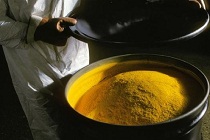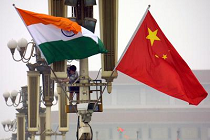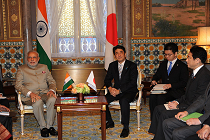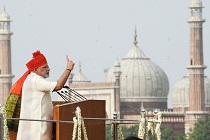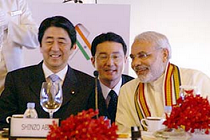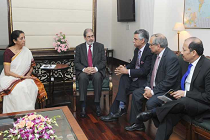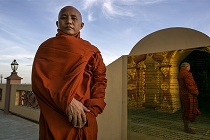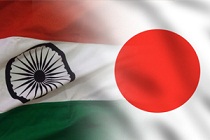India-Australia nuclear deal: a pivot point
This week Prime Minister Modi will meet his Australian counterpart Tony Abbott for the second time in two months. New Delhi and Canberra have already signed a civil nuclear deal which will supply much needed uranium to India’s reactors and remove a big thorn in the relationship between the two nations. The deal is the pivot to take the bilateral forward

